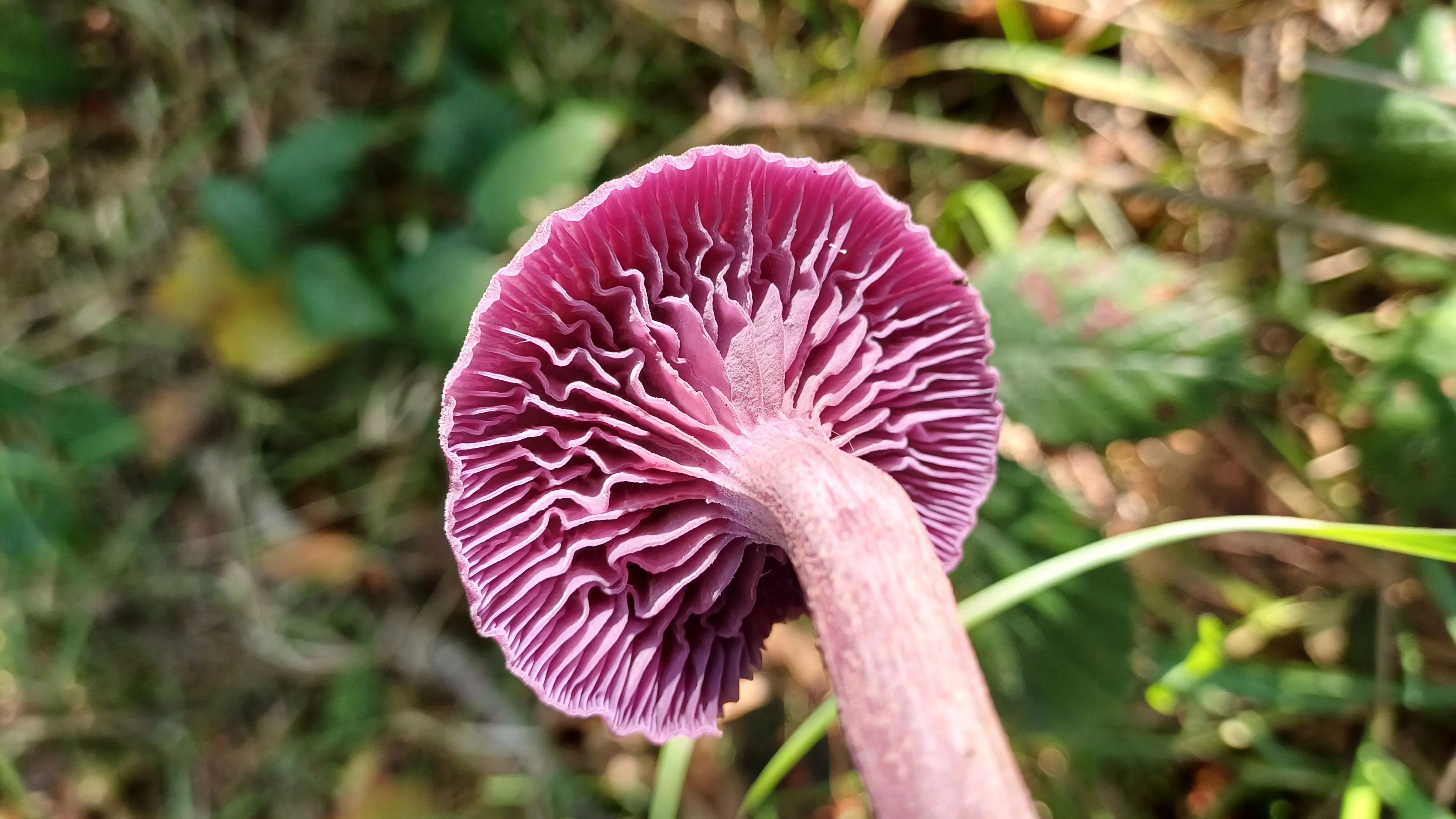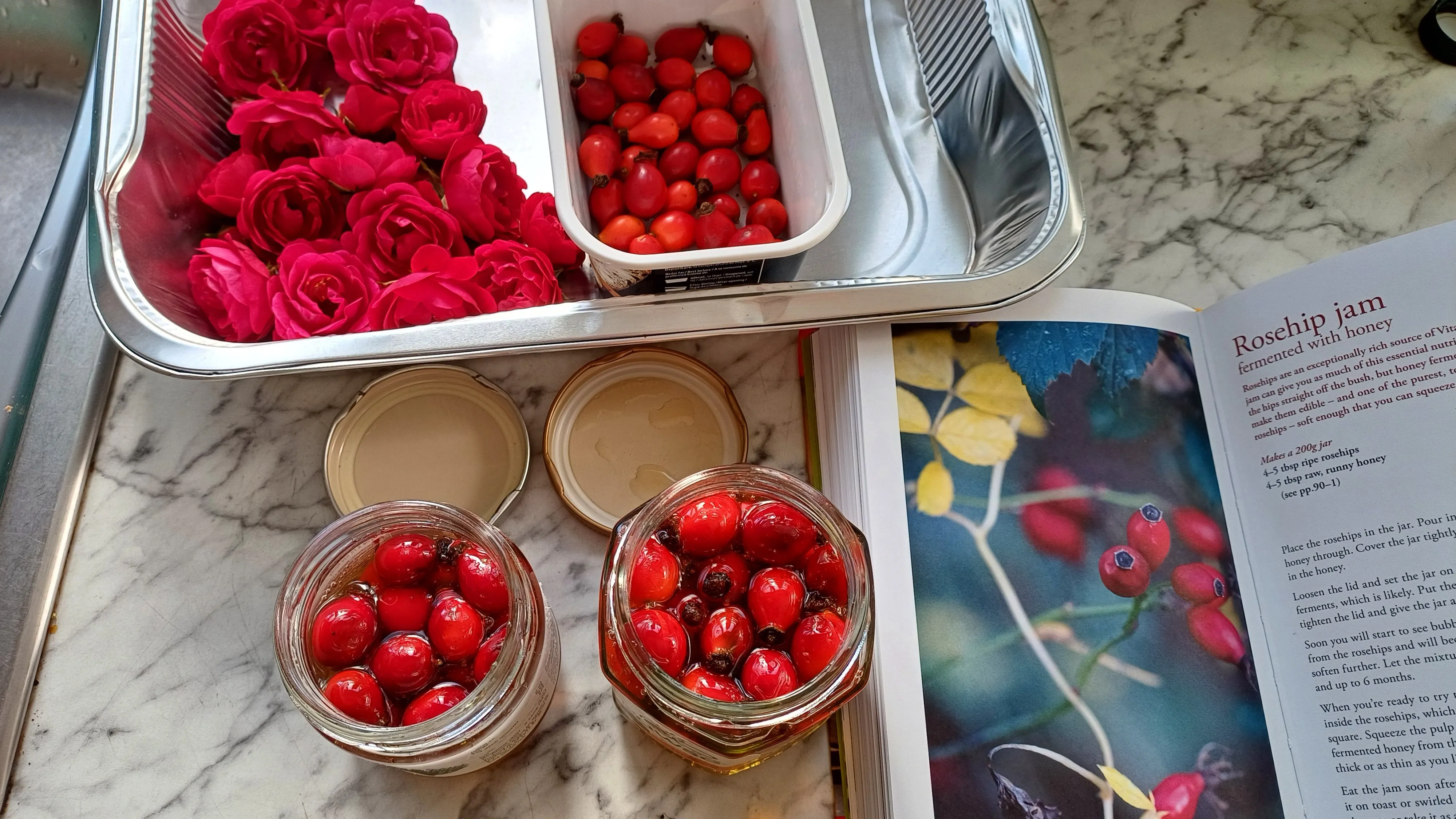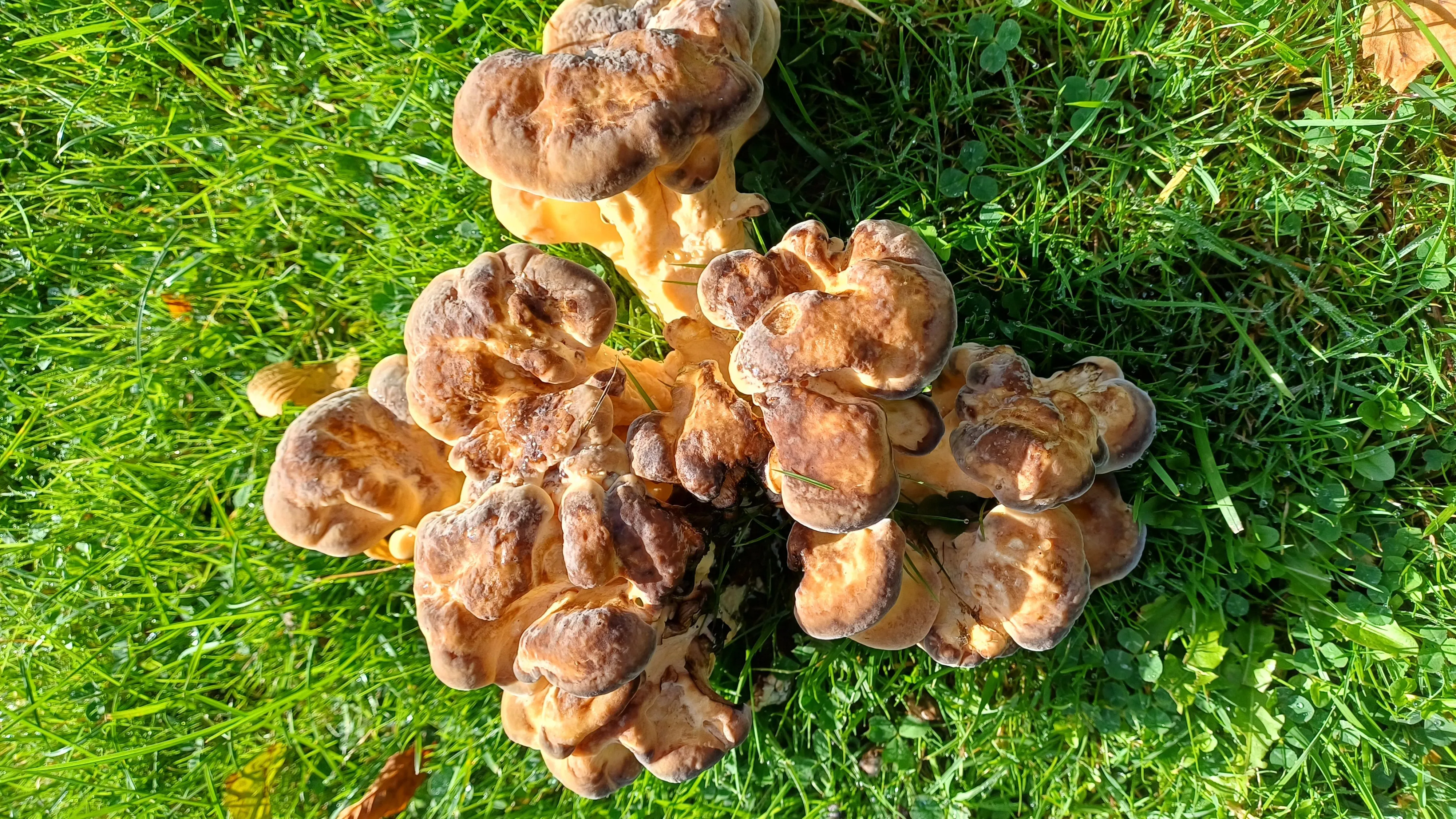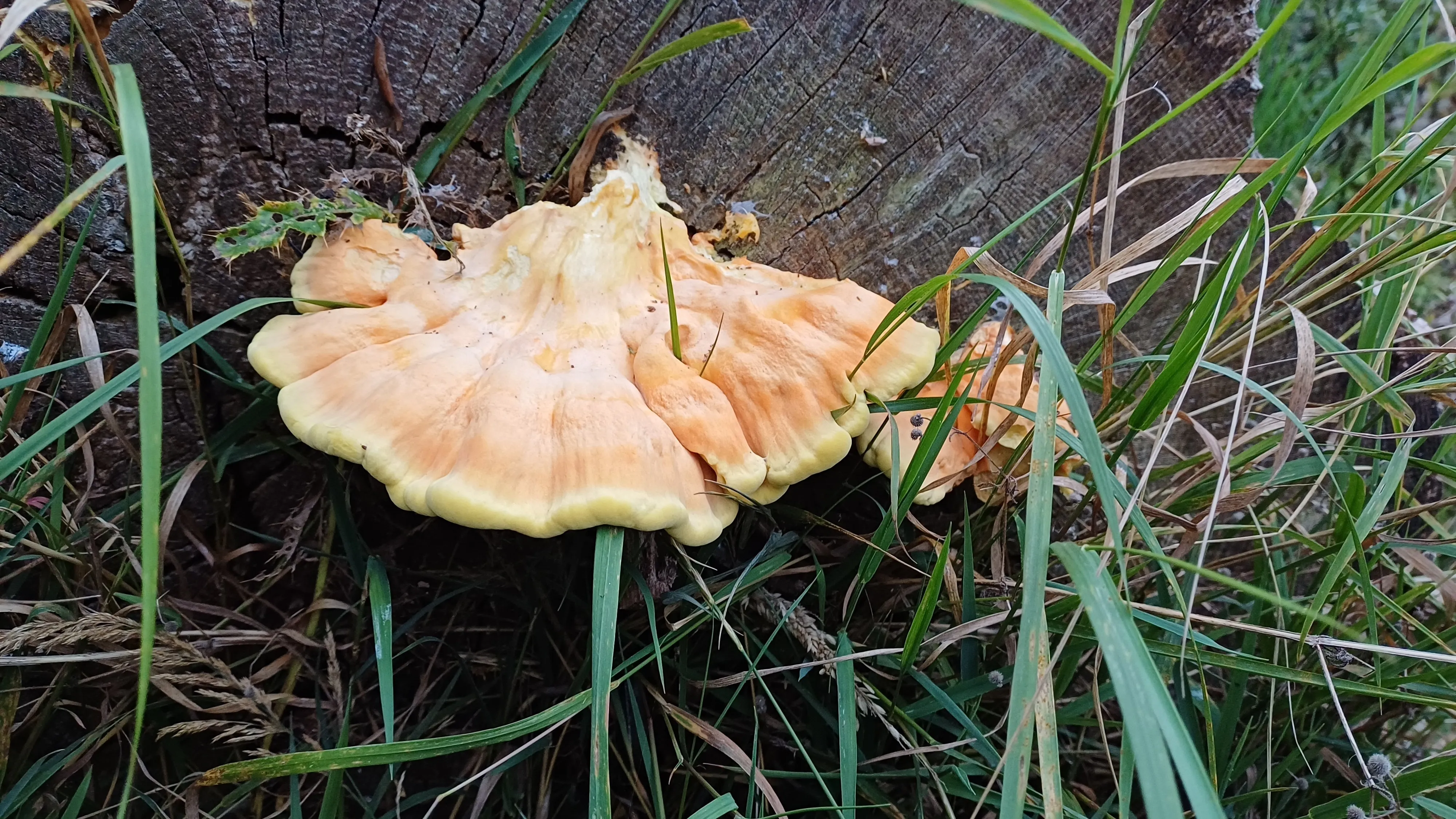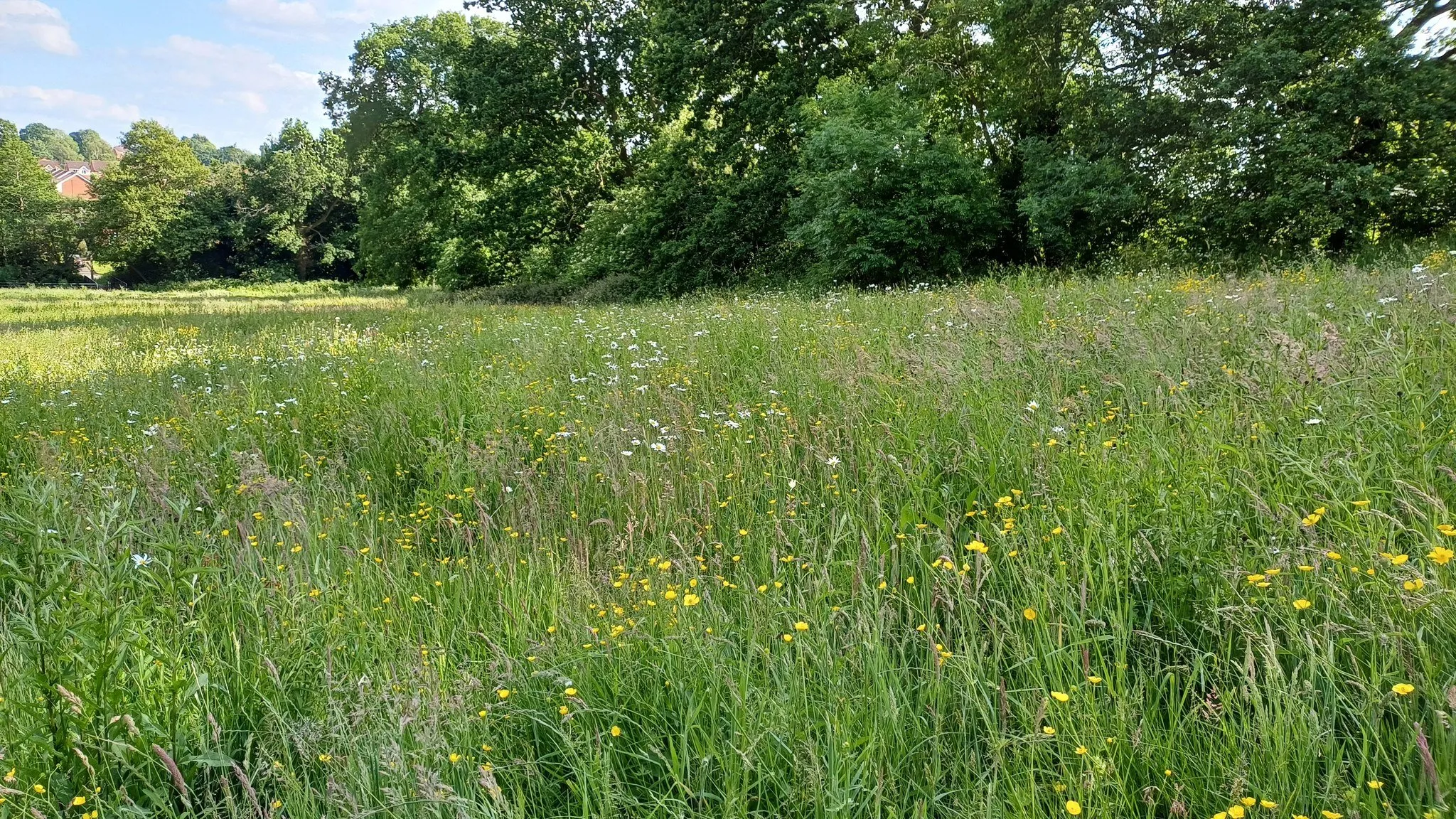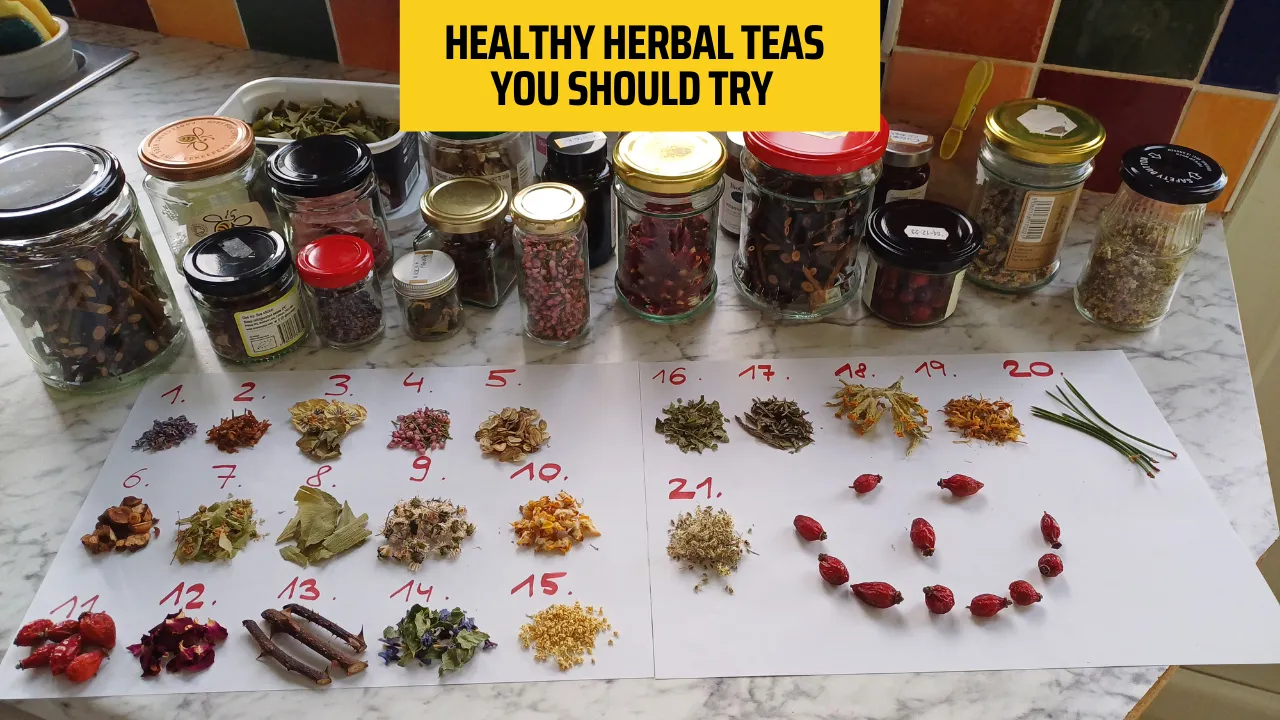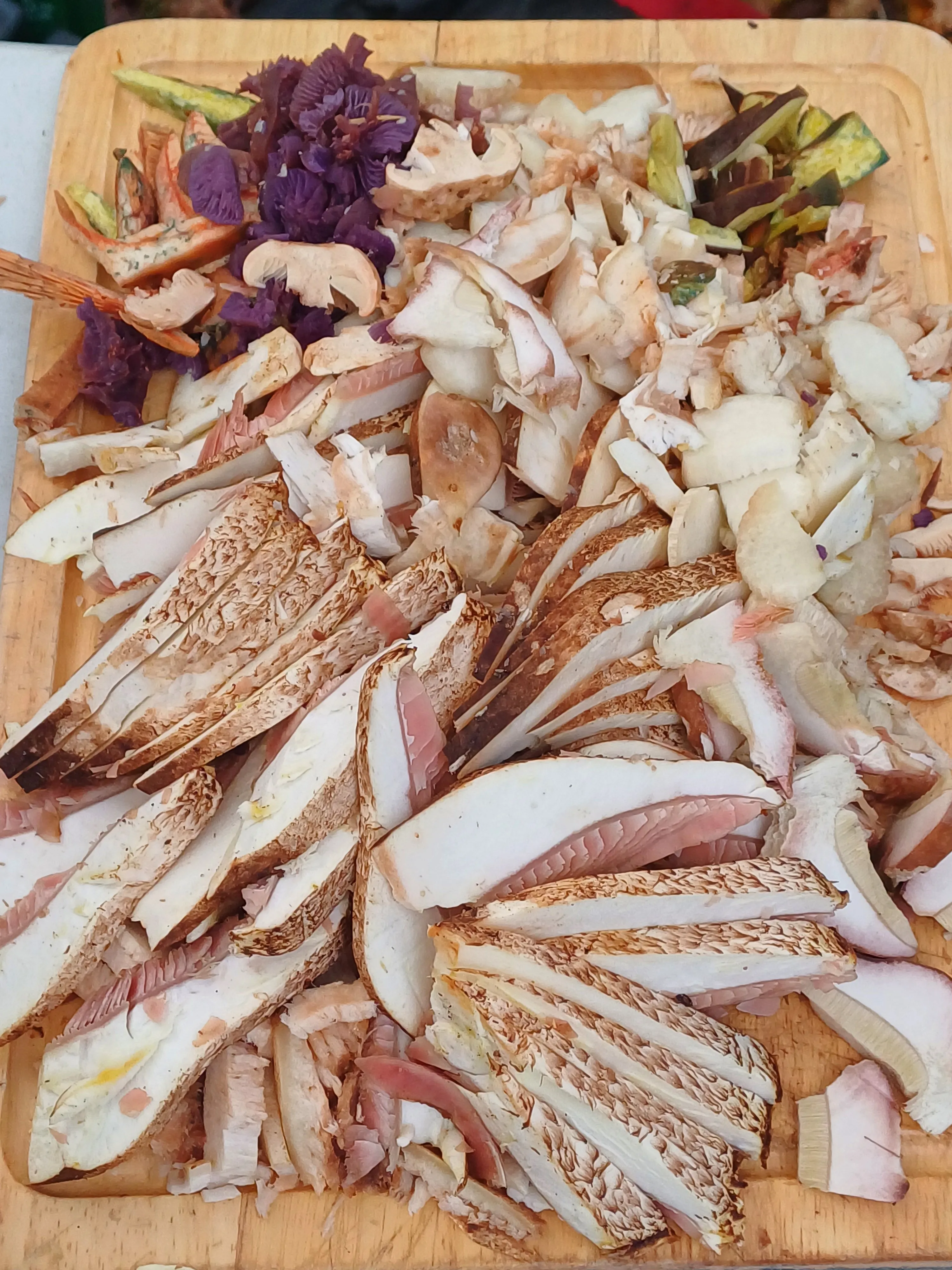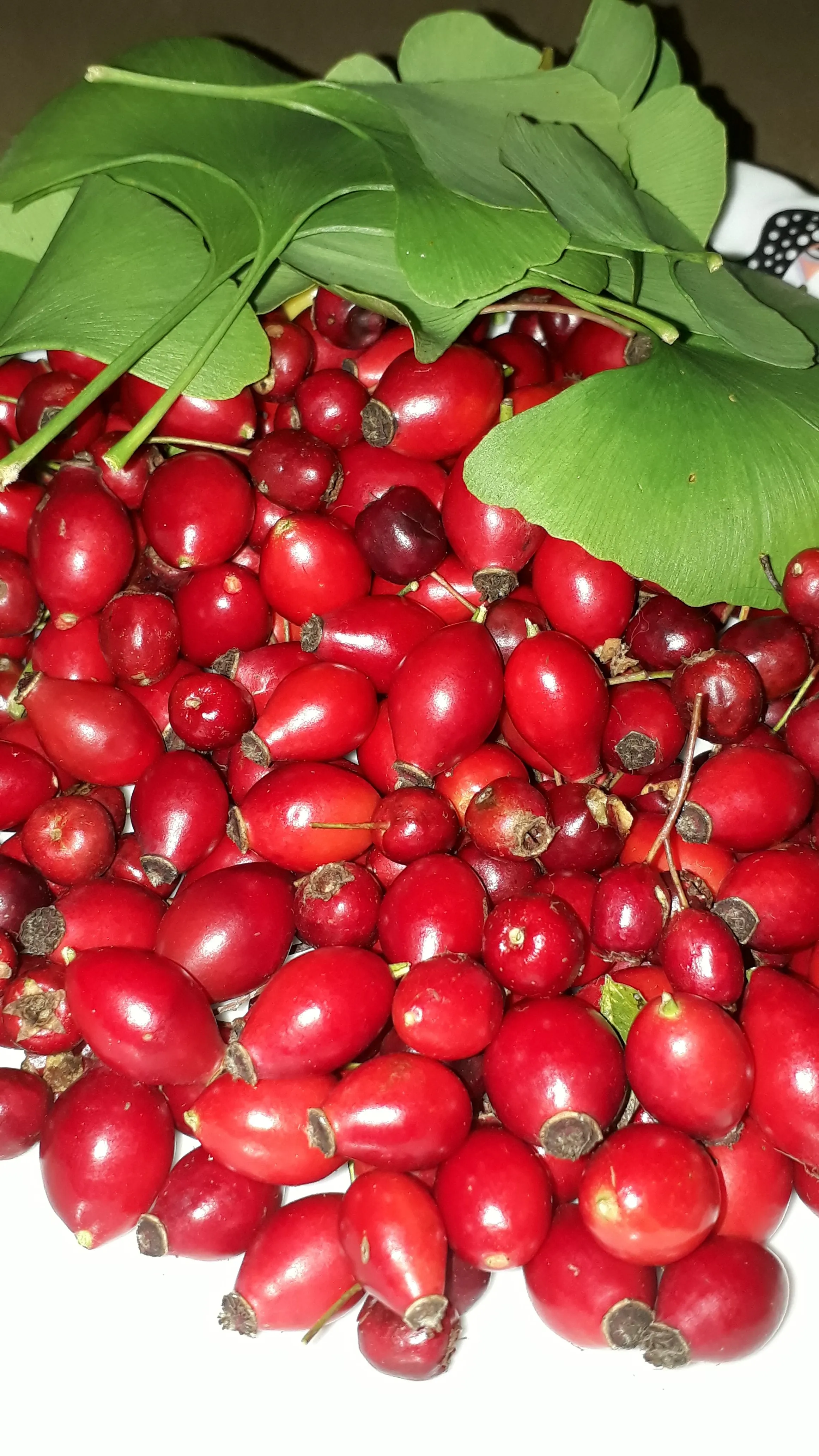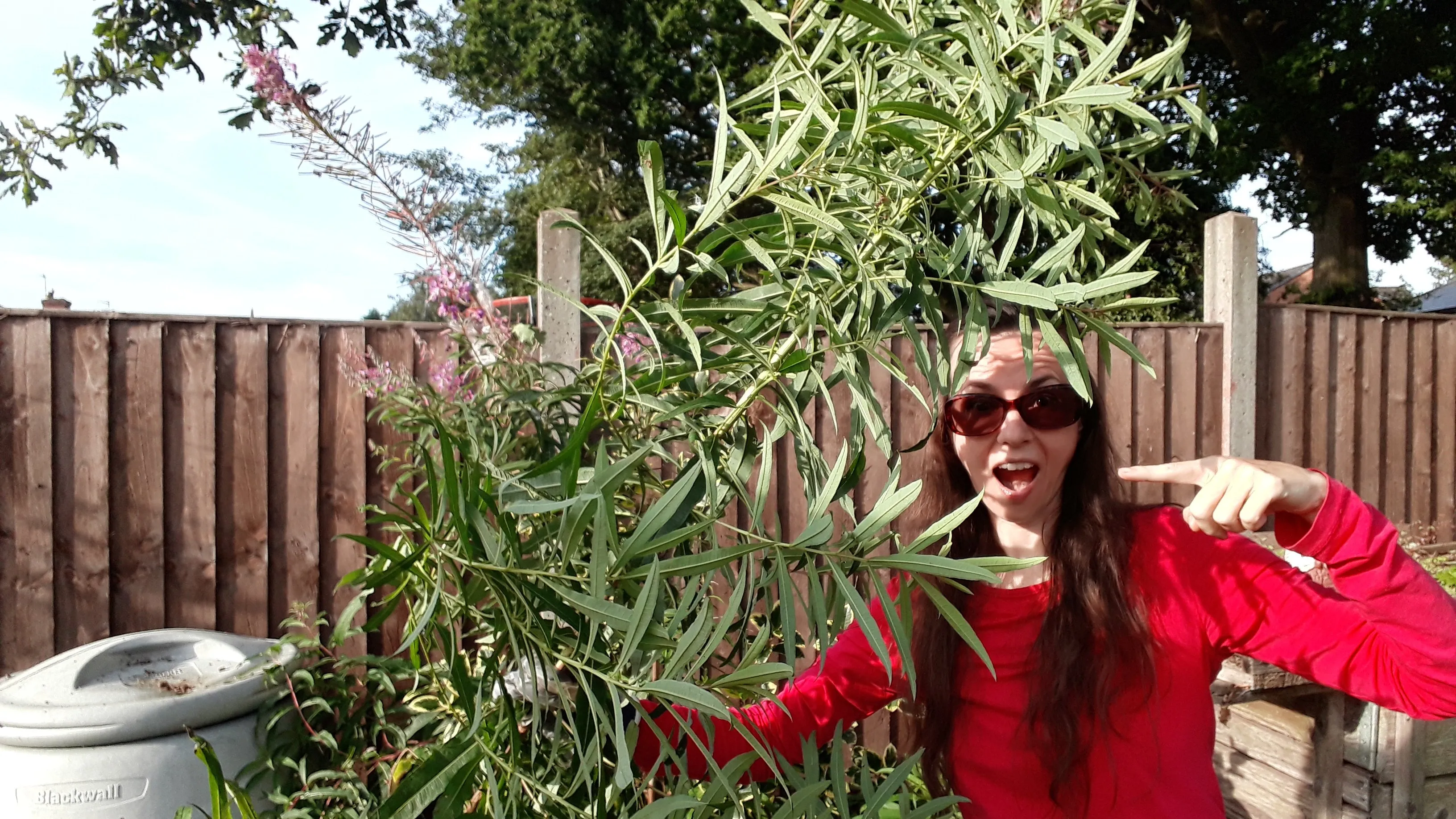Organic Compost - 5 Tips to Free Organic Compost
Whether or not you are growing organic food as a hobby, or you have a full fledged organic gardening business, one of the most important ingredients that you can make for yourself is organic compost. Using terms such as mulch or a type of soil amendments, this natural fertilizer can improve the growth of your crops by making your soil more rich through added moisture capacity, increased aeration, which will stimulate healthy root growth due to the soil's fertility levels. This can include increased levels of microorganisms, nutrients such as potassium or nitrogen which can be made with scraps that you would throw away on a regular basis. Here are 5 tips on how you can generate rich organic compost on your own without it costing you a cent.
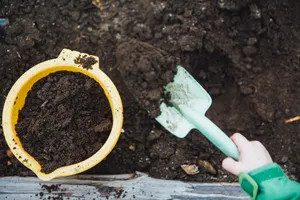
The process of creating compost is actually quite easy to understand. Life is about cycles and different organisms that serve different purposes. In the natural world, small organisms such as bacteria and worms break down organic materials on a daily basis all over the world. If you have ever looked at the ground in a forest, especially near the base of trees, you can see how natures' system for decomposition works to replenish the soil using this reoccurring cyclical process. This same process of decomposition can be replicated in your home or on your property as long as you know a few simple things.
First you will need a source of material that can decompose on a regular basis. This could be food scraps that you normally would throw out such as vegetables and breads that can easily be found in any household. By saving these up, you will begin the first part of this five-part process for creating free organic compost.
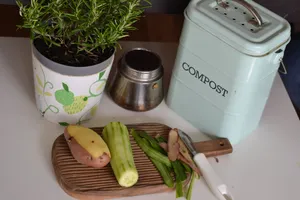
The next thing you will need is an area where you can place your composting pile. This pile will consist of dirt, perhaps some initial composting material that you have left over or any soil that you have on your property that is dark and rich. This is where you will begin putting your biodegradable material which will serve as food for the composting process.
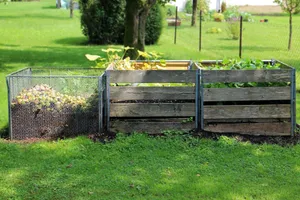
Next, you must consider aeration of this pile. This can be done in a labor-intensive way by using a pitchfork to turn your pile from time to time, or by adding PVC pipe with holes in various parts of the composting pile so that air can freely infiltrate this pile as the composting process begins and continues. This can also be accomplished by using some sort of the bin or drum that can be rotated easily from time to time.
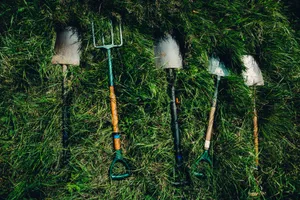
Now you will need to gather some worms. Red worms are a great composting friend which will not only produce excellent compost for you on a regular basis, but they will reproduce themselves allowing you to create more compost as the population increases over time. Worms should only be added after the pile heats up and then cools back down. Some worms may enter the pile on their own.
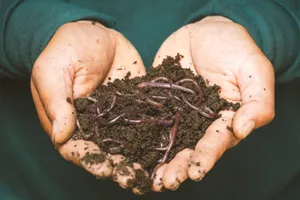
The last thing to consider is the temperature and moisture content of the soil itself in which the worms will form their habitat. Within a closed area such as a composting bin or a covered mulch pile, with proper aeration, watering, and consistent food, you will be well on your way to a beautiful dark, crumbly, compost that is full of natural ingredients created by the worms within your composting bin.
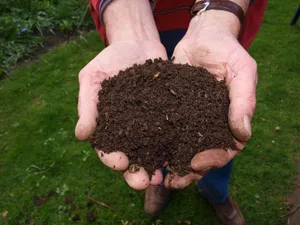
There are of course a few things that could go wrong which are easily fixed. One of the most common occurrences is nothing occurring in your bin or pile despite having added the proper ingredients and worms to the mix. Always consider things such as not enough nitrogen or oxygen within the initial batch. Temperature levels and moisture levels are also very important to monitor when looking for an optimal production level for your compost.
Always remember that once you're organic compost is done, you can either mix compost with soil for plants that you are planting for the first time, or you can add the compost on top of existing plants, near their base (called top and side dressing), and water them as usual so that they nutrients percolate down into the soil itself to the roots of the planet.
Creating organic compost can be fun and rewarding depending upon how much time you put into it and what your goals are as far as creating an organic garden. Composting can be a very easy process, especially once you have tried it numerous times and have gotten the feel for how the ratio of carbon to nitrogen should be and the amount of worms that are necessary to create a proper composting environment. Using these five tips, you should be well on your way to creating all of the organic compost you will ever need.

Article Source: http://EzineArticles.com/1016559

